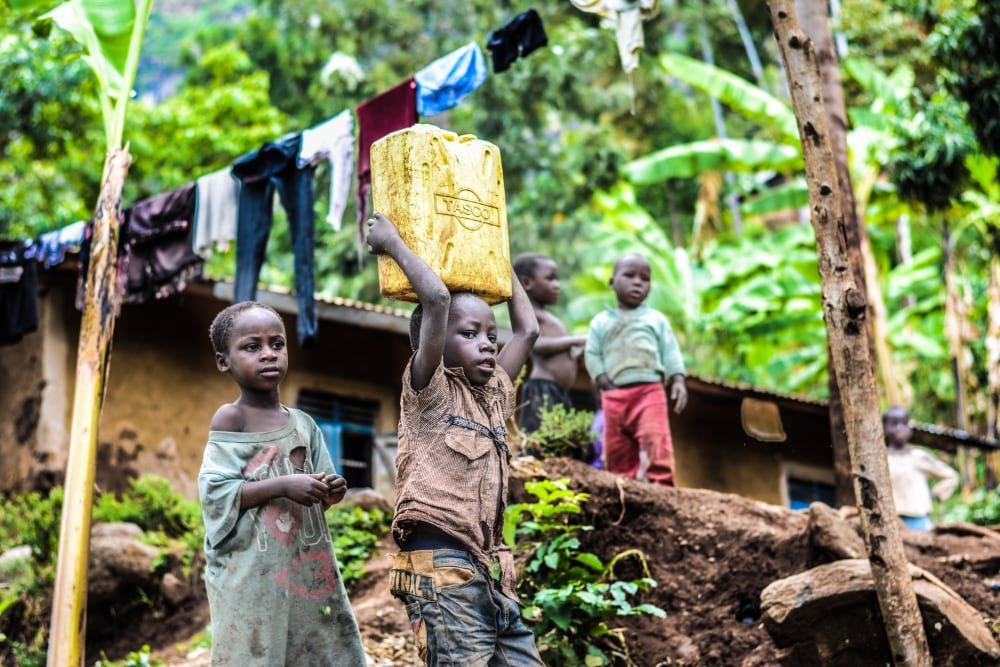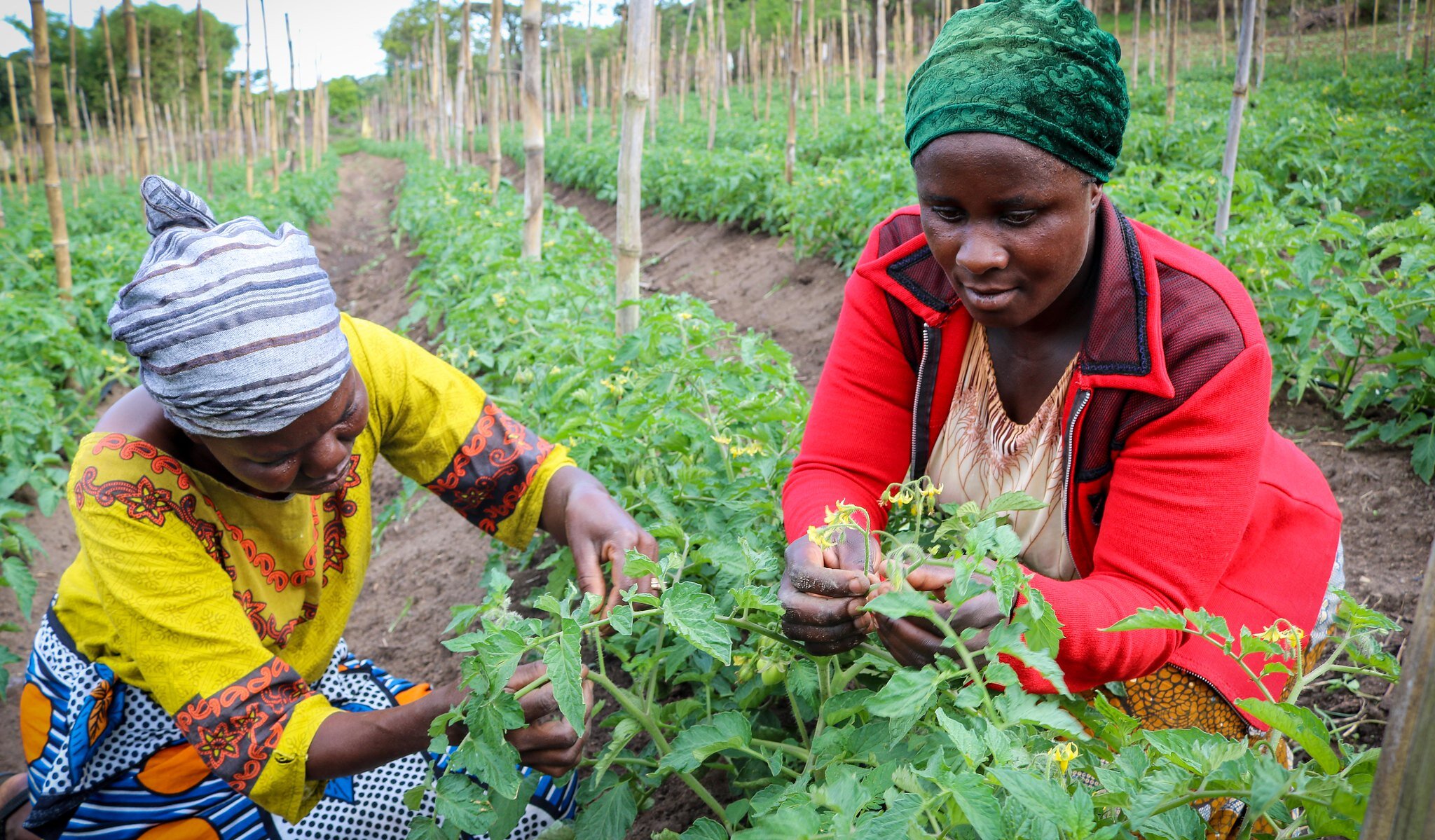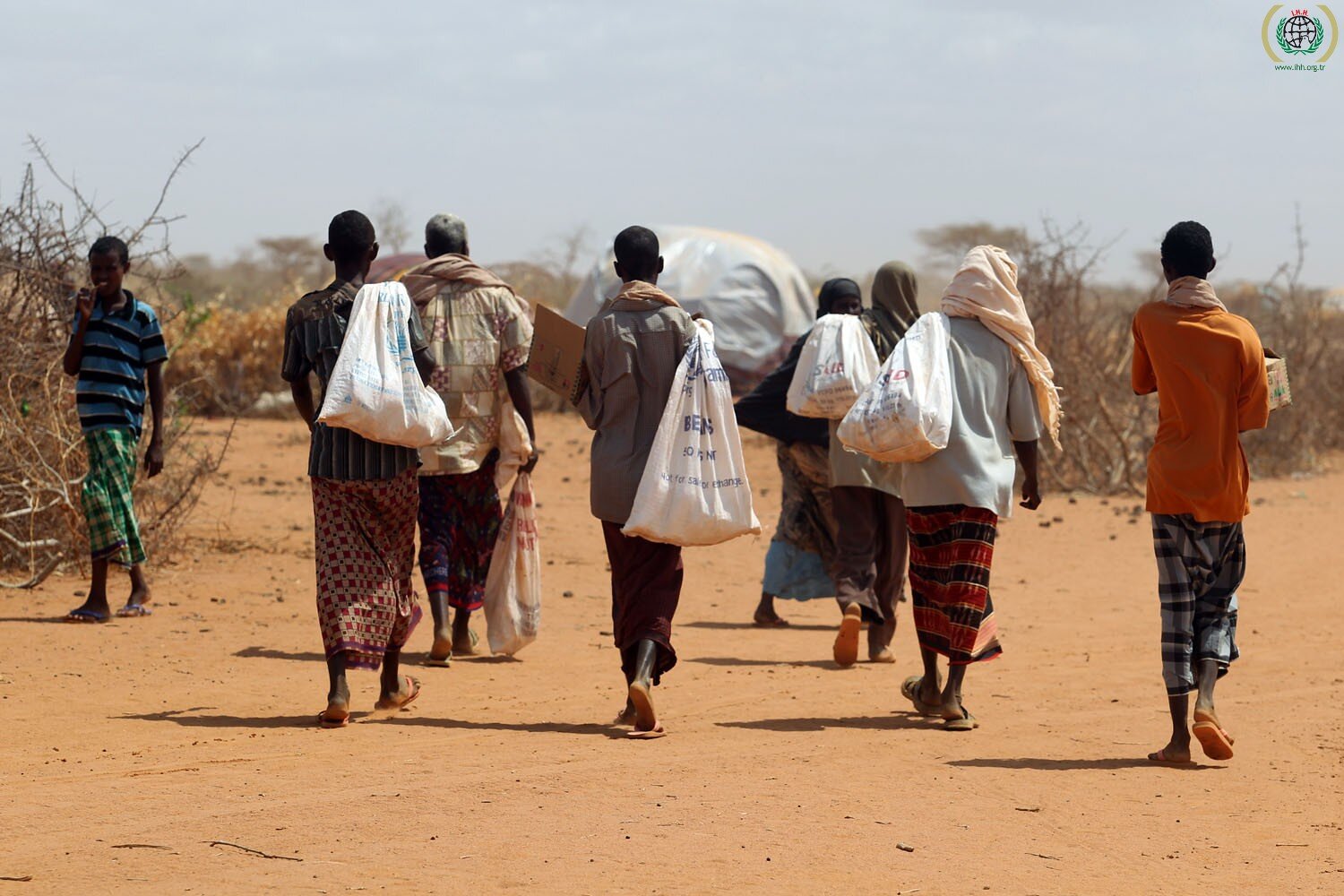Browse Our Collection of Briefs
Sort by Location
Search by Author Name or Keyword
Poor Cancer Prevention and Detection In Zimbabwe
Though the number of people diagnosed with cancer in sub-Saharan Africa is projected to rise exponentially in the coming years, a significant portion of those cancers are preventable.
Barriers to Family Planning for Women in West Africa
While challenges regarding contraception and family planning exist throughout West Africa, progress has been made as various actors have implemented best practices to address the barriers that hinder the safety of women.
Obstetric Fistulas in Sub-Saharan Africa
A combination of inaccessible maternal health care in rurality, distrust of medical facilities, and adolescent pregnancy are the main reasons for the persistence of obstetric fistulas in modernity.
Child Abuse in Residential Homes of Ghana
Over 50% of children in Ghanaian residential homes reported exposure to violent discipline, and approximately 25% of them reported not receiving any responsive care
Prevalence of Malaria in Sub-Saharan Africa
Every year, there are about 200 million cases of malaria, resulting in almost half a million deaths annually.
Child Labor in Ghana
Child labor is extremely prevalent worldwide and, especially in Ghana, where 21% of children ages 5–17 are involved in child labor.
Corruption in Uganda
Corruption in Uganda is mainly caused by a skewed power dynamic, allowing those in power to continue to redirect cash flows unhindered.
Land Degradation in Rural Tanzania
More than 19 million people live in lands affected by land degradation in Tanzania. Contributing factors of land degradation include unsustainable farming practices, deforestation, and rainfall variability.
WaSH Practices in Mozambique
In Mozambique, 14.8 million people out of 31.26 million do not have access to clean water. Meanwhile, only one in five individuals use safe sanitation facilities.
Prevalence of Tuberculosis in Sub-Saharan Africa
Tuberculosis is a curable disease that millions are dying from every year, especially in the sub-Saharan African region.
Lack of Access to Maternal Healthcare in Sub-Saharan Africa
Sub-Saharan Africa currently has the highest neonatal mortality rate in the world at 27 deaths per 1,000 live births.
Food Insecurity among Women in Uganda
When Ugandan women lack sufficient food, their households are frequently subjected to enduring poverty, malnutrition, sexual risk, and familial problems like abuse.
Intimate Partner Violence against Women in Uganda
Intimate partner violence is a major problem throughout the world but particularly in sub-Saharan African countries such as Uganda.
Child Labor Trafficking in the Volta Region of Ghana
Because children working on Lake Volta are fishing nearly all hours of the day, they are not attending school or getting any form of an education.
Lack of Menstrual Hygiene Management Among Women and Girls in East Africa
Lack of menstrual hygiene management often leads girls to perform poorly at school, reducing educational opportunities for girls.
Perpetuation of Poverty in Rural Tanzania
For Tanzania’s rural poor to experience economic success and escape the effects of poverty, the country’s agricultural industry needs sustainable changes.
Protracted Refugee Situations in Kenyan Refugee Camps
Refugees in Kenya are expected to spend 27 years in exile, with no permanent status or homeland.
Gender-Based Violence Against Women in South Africa
The female homicide rate in South Africa is roughly 24.6 per 100,000 population—nearly six times the global average.
Girls’ Access to Education in Ghana
Though Ghana has made great strides in relation to educational accessibility, there are still large gaps between male and female educational achievement.
Menstrual Hygiene Management Among Adolescent Girls in Kenya
Inadequate menstrual hygiene management (MHM)–including a lack of accurate and timely knowledge, sanitation and washing facilities, safe and affordable materials, positive social norms, and sexual health education–is a serious issue for adolescent girls in Kenya.




















